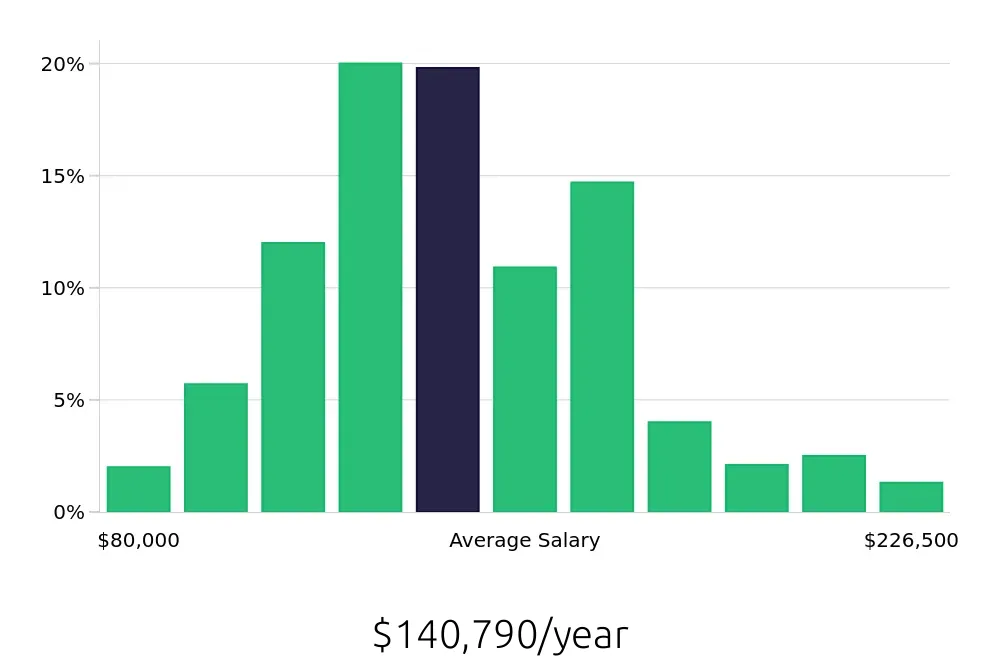Position
Overview
A Physician Assistant (PA) plays a vital role in the healthcare team. They work under the supervision of a doctor but have the skills to diagnose and treat patients. PAs see patients, review medical histories, and perform physical exams. They also order tests and interpret results. PAs can prescribe medications and provide treatments. They work in various settings, such as hospitals, clinics, and private practices.
PAs help improve patient care by providing accessible and high-quality medical services. They often work closely with doctors and other healthcare professionals. This teamwork ensures that patients receive the best care possible. PAs also educate patients about their health, helping them understand their conditions and treatment options. Their goal is to support and enhance the healthcare experience for everyone they meet.
Becoming a Physician Assistant (PA) is a rewarding career choice that requires dedication and education. This role involves working closely with doctors to provide healthcare services. PAs diagnose illnesses, develop and manage treatment plans, and may even assist in surgery. Below are the steps to embark on this career path.
The journey to becoming a PA starts with earning a bachelor's degree. Preferably, this should be in a science-related field like biology or chemistry. This foundational education helps in understanding the basics of medicine. Next, one must complete an accredited PA program. These programs typically last 2-3 years and include classroom instruction and clinical rotations. After finishing the PA program, passing the Physician Assistant National Certifying Exam (PANCE) is crucial. This exam tests the knowledge and skills necessary to practice as a PA. Additionally, obtaining state licensure is required. Each state has its own requirements, but all involve passing the PANCE and completing an application process. Finally, continuing education is important to keep up with medical advancements and to maintain licensure.
Individuals who want to become PAs should follow these steps:
Interest in becoming a Physician Assistant (PA) often leads to questions about the time commitment needed. This role is both challenging and rewarding, requiring dedication and hard work. Generally, a person can become a PA in about four to six years.
The journey starts with earning a bachelor's degree, typically taking four years. This degree should include courses in biology, chemistry, and other sciences. Next, the aspiring PA needs to complete a PA program, which usually lasts about two to three years. During this time, the student takes classes and gains hands-on experience in clinics. After finishing the program, the graduate must pass the Physician Assistant National Certifying Exam (PANCE). This exam is a crucial step in becoming licensed to practice. Finally, some states require additional exams or licenses. Aspiring PAs should plan for the entire process to take around four to six years.
We are seeking a highly skilled and compassionate Physician Assistant to join our healthcare team. The ideal candidate will work collaboratively with physicians and other healthcare professionals to provide exceptional patient care.
Responsibilities:
Qualifications
A career as a Physician Assistant (PA) offers a blend of medical and clinical duties. PAs work alongside doctors, providing healthcare services to patients. They conduct physical exams, diagnose illnesses, and can prescribe medications. PAs often work in hospitals, clinics, and private practices. This role requires a mix of science, communication, and critical thinking skills.
Consider the following pros and cons of becoming a PA. On the positive side, PAs enjoy a rewarding career with good job prospects. They can specialize in various medical fields like surgery, pediatrics, or emergency medicine. PAs have a flexible work schedule and can work full-time or part-time. Job satisfaction is often high due to direct patient care. On the downside, PAs must complete a master’s degree and pass a certification exam. The job can be demanding with long hours. There is also the pressure of making critical health decisions. Balancing work and personal life can be challenging.
The job outlook for Physician Assistants (PAs) is bright, with the Bureau of Labor Statistics (BLS) reporting an average of 12,200 new positions available each year. This steady demand highlights the growing need for skilled PAs across various healthcare settings. The BLS further projects a 26.5% increase in job openings from 2022 to 2032, signaling a promising future for those entering this profession.
A career as a PA is not only about job availability but also about competitive compensation. The BLS notes an average annual salary of $130,490, making this a lucrative field. Additionally, the average hourly wage stands at $62.74, reflecting the value placed on the expertise and care PAs provide. These financial incentives, coupled with job stability, make PA a highly attractive career path.
For job seekers, these statistics indicate a strong and growing demand for PAs. With the healthcare sector expanding and an aging population, the need for skilled professionals to support physicians continues to rise. Securing a position in this field offers not only job security but also the potential for a rewarding and financially beneficial career.
